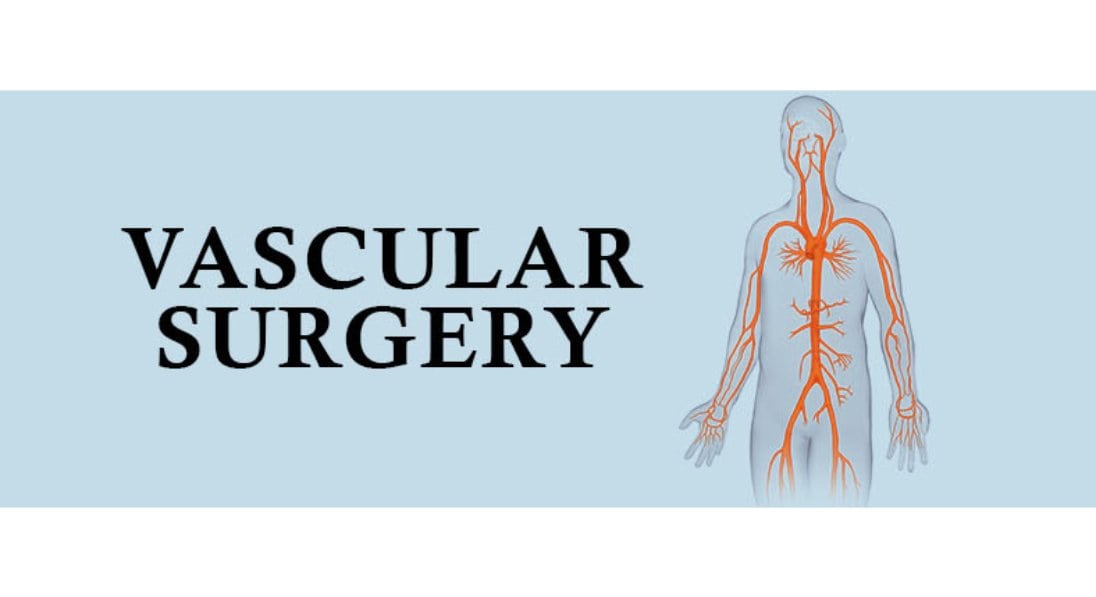VASCULAR SURGERY
Dr. K. Sasikumar M.S., M.Ch (Vascular Surgery)
Consultant Vascular Surgeon
Vascular surgery deals with the management of the disorders of vascular system, or arteries, veins and lymphatic circulation through minimally invasive procedures.

Vascular surgery is a specialized branch of surgery that deals with the diagnosis and treatment of diseases affecting the blood vessels, excluding those in the heart and brain. It focuses on the management of conditions related to the arteries, veins, and lymphatic system throughout the body.
Vascular surgeons are medical professionals who have undergone extensive training in general surgery and subsequently completed additional training specifically in vascular surgery. They have expertise in both open surgical techniques and minimally invasive endovascular procedures to treat vascular diseases.
Here are some common vascular conditions that vascular surgeons diagnose and treat:
- Peripheral Artery Disease (PAD): This condition involves the narrowing or blockage of arteries supplying blood to the extremities, typically the legs. Vascular surgeons may perform procedures like angioplasty, stenting, or bypass grafting to restore blood flow.
- Aneurysms: Aneurysms are weakened areas in the blood vessel wall that can lead to a potentially life-threatening rupture. Vascular surgeons may repair aneurysms through open surgery or endovascular techniques, such as placing stent grafts to reinforce the weakened area.
- Carotid Artery Disease: Carotid arteries are the main blood vessels that supply blood to the brain. Vascular surgeons may remove plaque or perform a carotid endarterectomy to reduce the risk of stroke in patients with significant carotid artery narrowing.
- Deep Vein Thrombosis (DVT): DVT occurs when a blood clot forms in a deep vein, usually in the leg. Vascular surgeons may use medications to dissolve the clot or perform procedures like thrombectomy or placement of an inferior vena cava (IVC) filter to prevent clot migration to the lungs.
- Varicose Veins: Varicose veins are enlarged, twisted veins that often occur in the legs. Vascular surgeons can offer various treatments, including minimally invasive procedures such as endovenous laser ablation, sclerotherapy, or vein stripping surgery.
- Lymphedema: Lymphedema is a chronic condition characterized by swelling due to impaired lymphatic drainage. Vascular surgeons may perform lymphaticovenous anastomosis or lymph node transfer surgeries to alleviate symptoms.
These are just a few examples of the conditions that vascular surgeons address. It's important to consult with a healthcare professional for a proper diagnosis and to determine the most appropriate treatment options based on individual circumstances.

